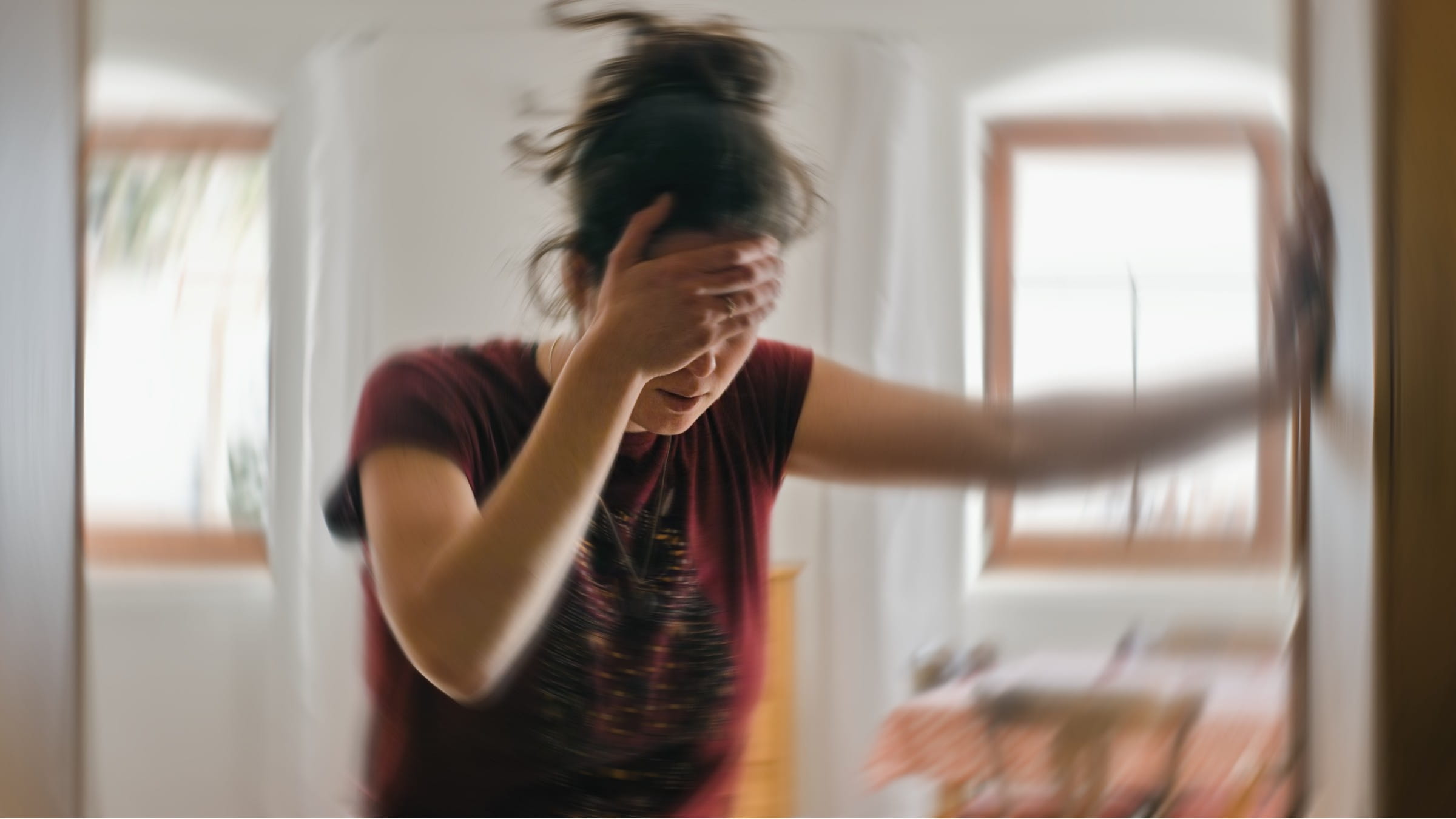
If you’ve ever fainted, you know how disorienting it can be when it’s happening and even afterward.
Dehydration can cause you to faint. So can intense excitement or fear.
The Olympic swimmer who fainted in the pool during a recent world competition was a reminder of just how quickly someone can go from being OK to being unconscious. Photos show Anita Alvarez, eyes closed, sinking to the bottom of the pool, her arms and legs limp as her coach tore through the water to carry her to safety.
In media reports, Alvarez has said she doesn’t have any health problems she’s aware of that might explain why she fainted. The incident left many wondering why. Why would a seemingly healthy Olympic athlete faint?
Reasons you could faint if you’re healthy
It’s still not known why some people faint and others don’t. The most common reason you might faint is because your blood pressure drops suddenly and, as a result, your heart temporarily can’t deliver enough oxygen-rich blood to your brain. You lose consciousness and your body goes limp. That’s called the “vasovagal response.”
Sometimes bad news, seeing blood, intense physical or emotional pain, standing too long or locking your knees can trigger even a healthy person to experience the vasovagal response and pass out. People can faint after getting a vaccine or getting their blood drawn.
Moving too quickly from lying down to standing up is the second most common reason people faint. That quick transition can cause your blood pressure to drop, and sometimes you feel lightheaded or actually faint. Dehydration can also make you more apt to pass out.
The summer months tend to be a more common time people faint because you’re more likely to get dehydrated if you’re not drinking enough water to make up for the additional sweating. And if you’re enjoying a few too many drinks at the pool deck, that can increase your odds of dehydrating as well. Not having enough water can cause your blood pressure to drop, making you susceptible to fainting.
Medications taken to lower your blood pressure can also cause fainting when you move from lying down to standing up.
Warning signs of fainting
Signs you might be about to faint include:
- becoming hot and sweaty
- turning pale
- getting tunnel vision or blurred vision
- seeing spots
- experiencing ringing in your ears
Sometimes these symptoms come on quickly, giving you only a few seconds to figure out what’s happening before you’re out.
Listen to your body and the signs it may be sending you. If you feel like you’re going to faint:
- Sit or lie down immediately.
- Raise your legs up in the air to send more blood to your brain.
- Cool yourself with cold compresses on your neck and head.
- Drink water.
- Take full, deep breaths.
Is fainting serious?
Most of the time, fainting isn’t serious. However, consider visiting a health care provider after you faint to help them rule out conditions that can cause you to faint, such as, multiple sclerosis and low blood sugar.






